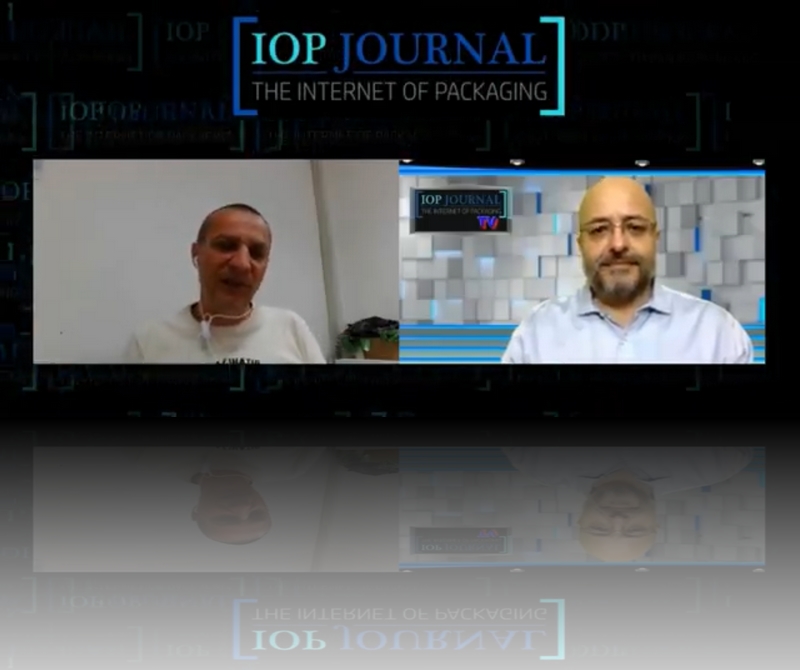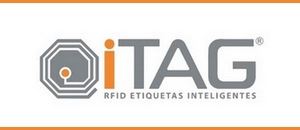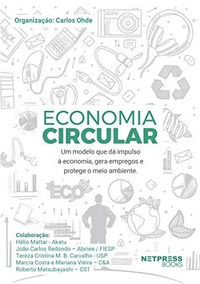Edson Perin
NTK Confecções is a clothing company located in the neighborhood of Bras, in São Paulo City, Brazil, which controls well-known brands like Fatal, aimed at young people, and which has adopted the radio frequency identification (RFID) technology of iTAG Etiquetas Inteligentes, since May 2021. After the success of the first few months of using RFID, NTK continues to expand the deployment of the technology in all sectors of its business, including the other brands it owns and manages.
The company, founded over 20 years ago in a small store in Bras district, now has 280 employees and operates 350,000 RFID-enabled parts a month. According to Eduardo Agenor Leite, NTK’s logistics and operations manager, RFID was already in the company’s focus for more than two years. “The market seeks to do more with less. At NTK, we want to do much more with what we have at our disposal. And RFID is part of the company’s strategy”.

Leite says the company has evolved a lot without much technology. “Now, in order not to limit this evolution, we need to invest in more technology, including RFID. So, for more than two years we have been planning the transformation of our business with iTAG, our RFID partner.” The NTK executive says that the implementation of the physical structure began in December 2020. “In March 2021, we started to integrate the iTAG system with our ERP [Enterprise Resource Planning]”.
The tags started to be placed on the company’s kits in May this year. “The kits are assembled to optimize costs. So each kit with six pieces has a tag. Not all sectors of the company already use RFID. Some parts of the company are still with processes being adapted to implement the technology.”
The executive ensures the process is secure with RFID. “In May, we started making RFID operations available. In an entry operation, with 1,000 pieces, which took one hour to complete the entire counting and release process, before RFID, today, we spend less than 10 minutes to put the products on sale”, he celebrates. “We will gradually streamline this process even more”.
As a fashion brand company that works with collections, NTK’s management decided to start with RFID for the “spring/summer” and “fall/winter” fashion seasons. “RFID brought security to information. That way, we can be sure that the right product is routed right for every customer order. And, in every sector, errors dropped to zero with RFID.”
Among the next steps is the control of goods through the product invoice, according to Leite, who calculates that currently 50% of the company is using RFID. “We still don’t use it in storage and distribution to warehouses, where we operate 45,000 pieces a day. I believe we will still be able to put RFID in 80% of operations by the end of 2021. The biggest challenge to implement the technology was to re-study processes, which had to be revised and all were greatly reduced”.
Leite also gave a positive statement about iTAG, his partner company in RFID: “The ease of implementing the iTAG system has been one of the benefits of this transformation, since iTAG has a very efficient team”.



















